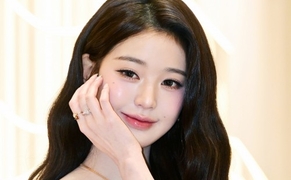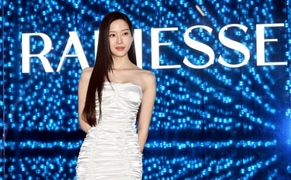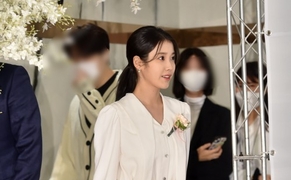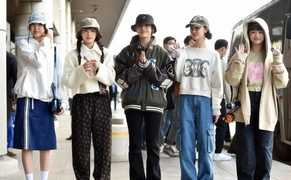 |
| The ruling Democratic Party and four minor liberal parties sign an agreement with proportional coalition platform “For Citizens” (literal translation) on March 17, 2020./ Source: The Democratic Party |
By AsiaToday reporters Woo Sung-min & Lim Yoo-jin & Kim Yeon-ji
With the April 15 general election only 28 days away, the country’s two biggest parties - the ruling Democratic Party (DP) and the main opposition United Future Party (UFP) - continue to mull over whether to field their own proportional representation candidates. With the adoption of the mixed member proportional representation system, the ruling DP has been giving support for its Proportional Coalition Party, the sister party born for the purpose of gaining National Assembly seats based on proportional representation. On the other hand, the main opposition UFP founded the Future Korea Party. However, the National Election Commission (NEC) has recently made authoritative interpretation that TV debates as well as television, radio and online advertisements are only permitted to those parties that field their own proportional representatives.
As a blind election is turning into a reality, where voters cast their ballots without fully knowing about political parties’ policies and pledges, the rival parties are trying to read each other’s thoughts about whether to field a proportional representation candidate or not. Due to the ongoing global coronavirus outbreak, the election campaign itself is virtually suspended, blocking the parties from holding TV debates, advertising on TV and newspapers. As a result, they are expected to field only one or two proportional representation candidates.
The UFP, which is in a serious conflict with its satellite party the Future Korea Party (FKP) over nomination, showed it might field its own candidate. When asked Tuesday if the UFP was capable of fielding its own proportional representation candidate, UFP leader Hwang Kyo-ahn said it was “possible.” “Both parties will field their proportional representation candidates,” political commentator Choi Young-il said in a phone interview with AsiaToday. “To follow the election criteria and procedures of the NEC, existing parties are highly likely to consider fielding proportional candidates,” Choi said.
Some political observers say the two parties might field one or two candidates just a few days before the closing date for candidate registration on March 26 and 27. “If they are to field a candidate, they will consider a political period of following a democratic process. Therefore, they will avoid making a problem with the procedure,” Choi said.
Besides, the parties are highly likely to field their own candidates under the newly adopted mixed member proportional representation system. The new system places the cap for 30 out of 47 proportional representation seats allocated to each party reflecting their approval ratings. The remaining 17 seats will be simply distributed based on the share of the vote of each party that has fielded a candidate for district constituencies. Therefore, many experts expect that the DP or the UFP, which has its own proportional representation candidate, will take the majority of the 17 seats.
Therefore, a party that does not field its own proportional representation candidate will not only be unable to advertise election pledges or hold TV debates, but also suffering a great loss in regional elections as well.
“Both parties will try to read each other’s mind and eventually put one or two candidates,” said Mok Jin-whyu, honorary professor at Kookmin University. “Each party is likely to make such decision even if it has to face criticism.”
#Democratic Party #proportional representation #United Future Party #April 15 general election
Copyright by Asiatoday
Most Read
-
1
-
2
-
3
-
4
-
5
-
6
-
7





















